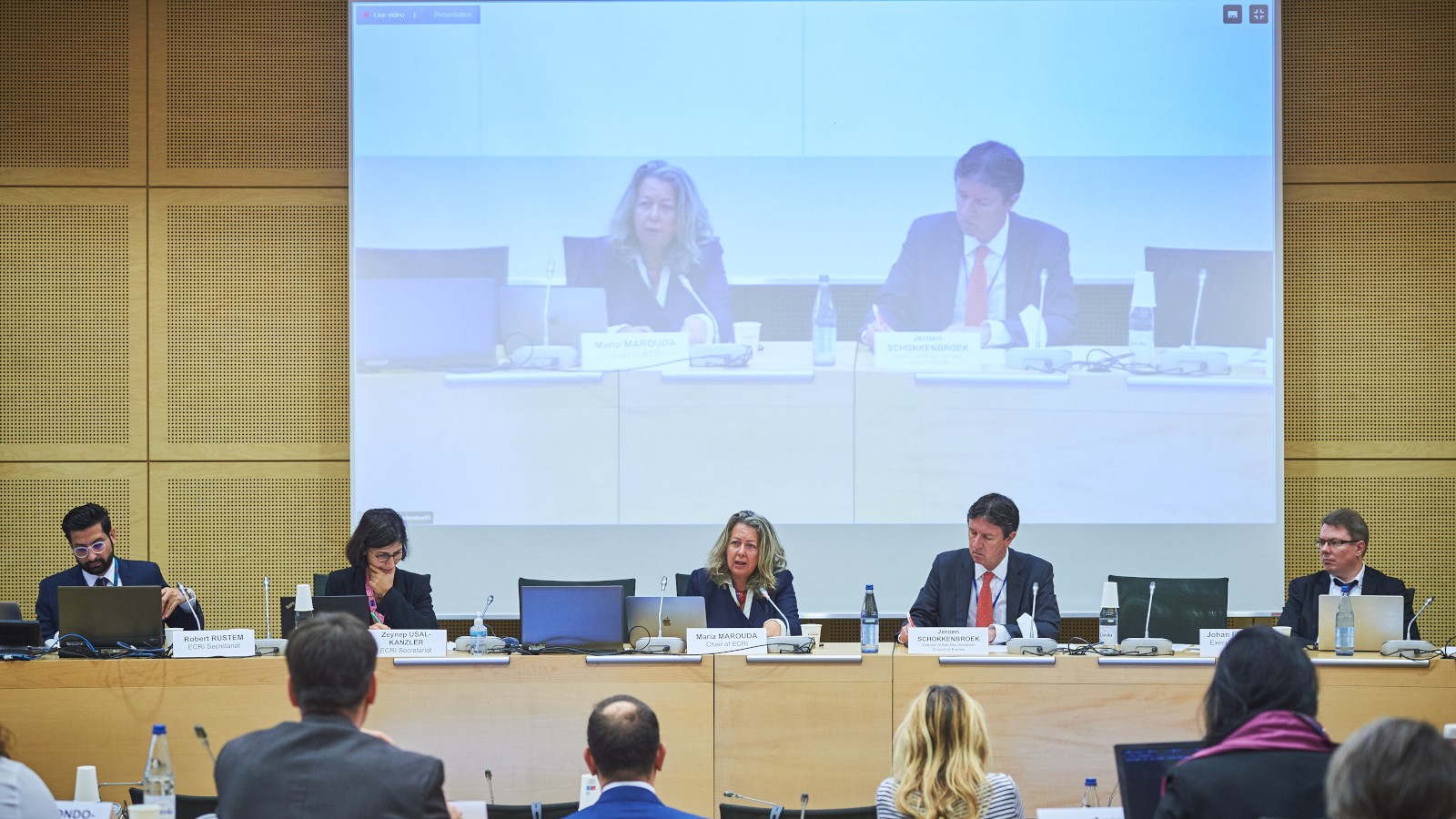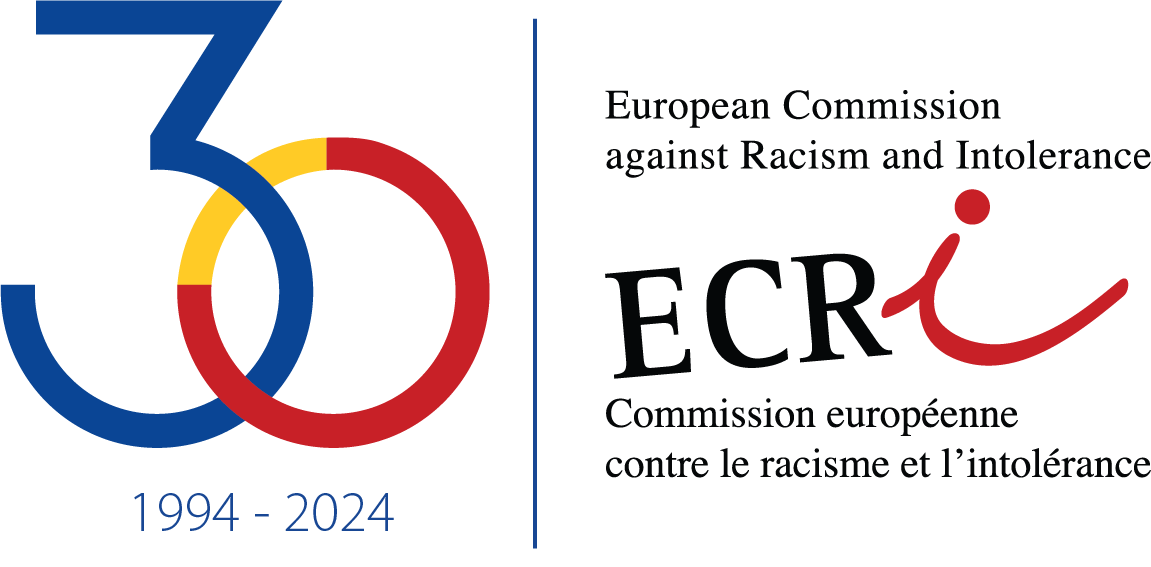The 2022 Annual Seminar of the European Commission against Racism and Intolerance (ECRI) with Equality Bodies was dedicated to the concept of intersectionality. This year’s event looked into the consequences of the interaction between two or more forms of discrimination and how they contribute to creating different layers of inequality.
ECRI has been using an intersectional approach in its country monitoring work, which highlighted the specific vulnerabilities experienced by, for instance, Roma women, Black men or Muslim women, as well as in its new standards, as was the case in its General Policy Recommendation No. 5 (revised) on preventing and combating anti-Muslim racism and discrimination and General Policy Recommendation No. 9 (revised) on preventing and combating Antisemitism. In its General Policy Recommendation No. 2 (revised) on equality bodies to combat racism and intolerance at national level, ECRI considered that the mandate of equality bodies should also cover intersectional discrimination.
Maria Daniella Marouda, Chair of ECRI, Helena Dalli, the European Union (EU) Commissioner for Equality, Jeroen Schokkenbroek, Council of Europe’s Director of Anti-Discrimination and Petra Bayr, General Rapporteur on combating racism and intolerance of the Parliamentary Assembly of the Council of Europe, emphasised at the opening of the seminar that it was high time to make the best use of the concept of intersectionality to combat discrimination and hate speech more effectively and achieve greater equality. “Intersectionality may offer new ways of reflecting the complexities of multiple social identities. It is an eye-opener to see the realities of inequality better. This requires collective thinking about how to use it when reviewing legal and policy frameworks.” This was one of the key messages.
During the seminar, two victims shared testimonies on intertwined discrimination they experienced on grounds of sexual orientation, religion, gender and ethnicity. Professor Colm O'Cinneide from University College London (UCL) delivered a keynote speech. This helped participants to have an in-depth discussion on challenges and potential responses in the areas of law or policy-making, prevention, victim protection and support and strategic litigation.
Representatives of international bodies such as the United Nations Committee on the Elimination of Racial Discrimination (CERD), the EU Commission and the EU Fundamental Rights Agency (FRA) also shared their views during the seminar.
ECRI’s Annual Seminar was organised in consultation with the European Network of Equality Bodies (Equinet) and brought together over ninety participants from equality bodies and selected national human rights institutions of Council of Europe member states, ECRI members, representatives of key European and national civil society organisations.




